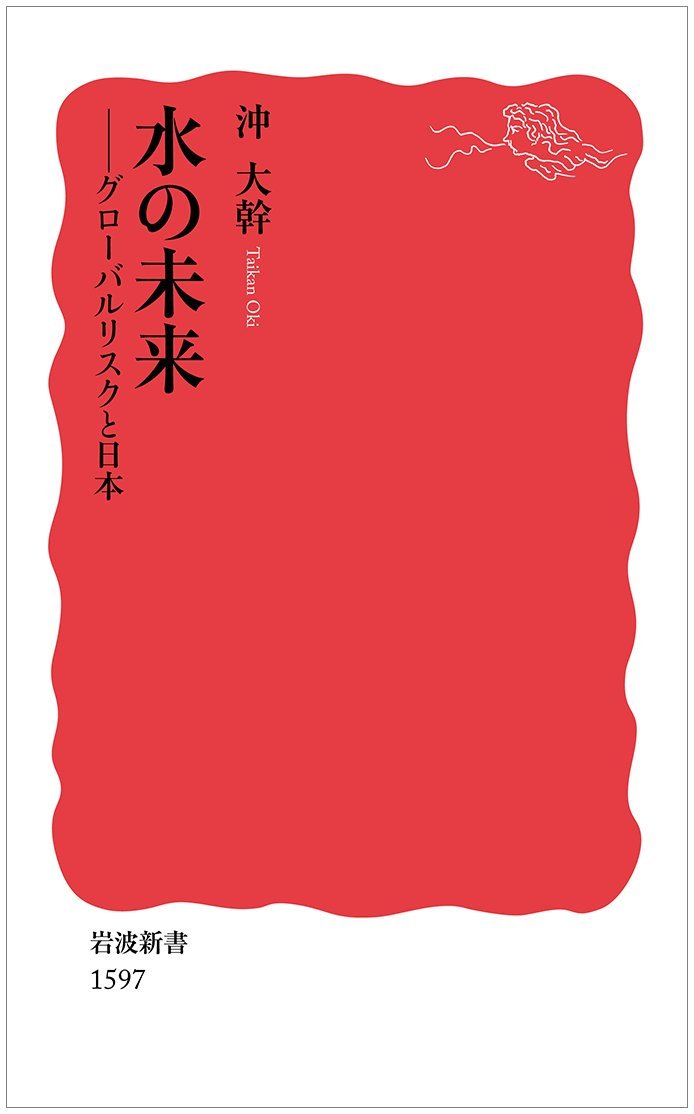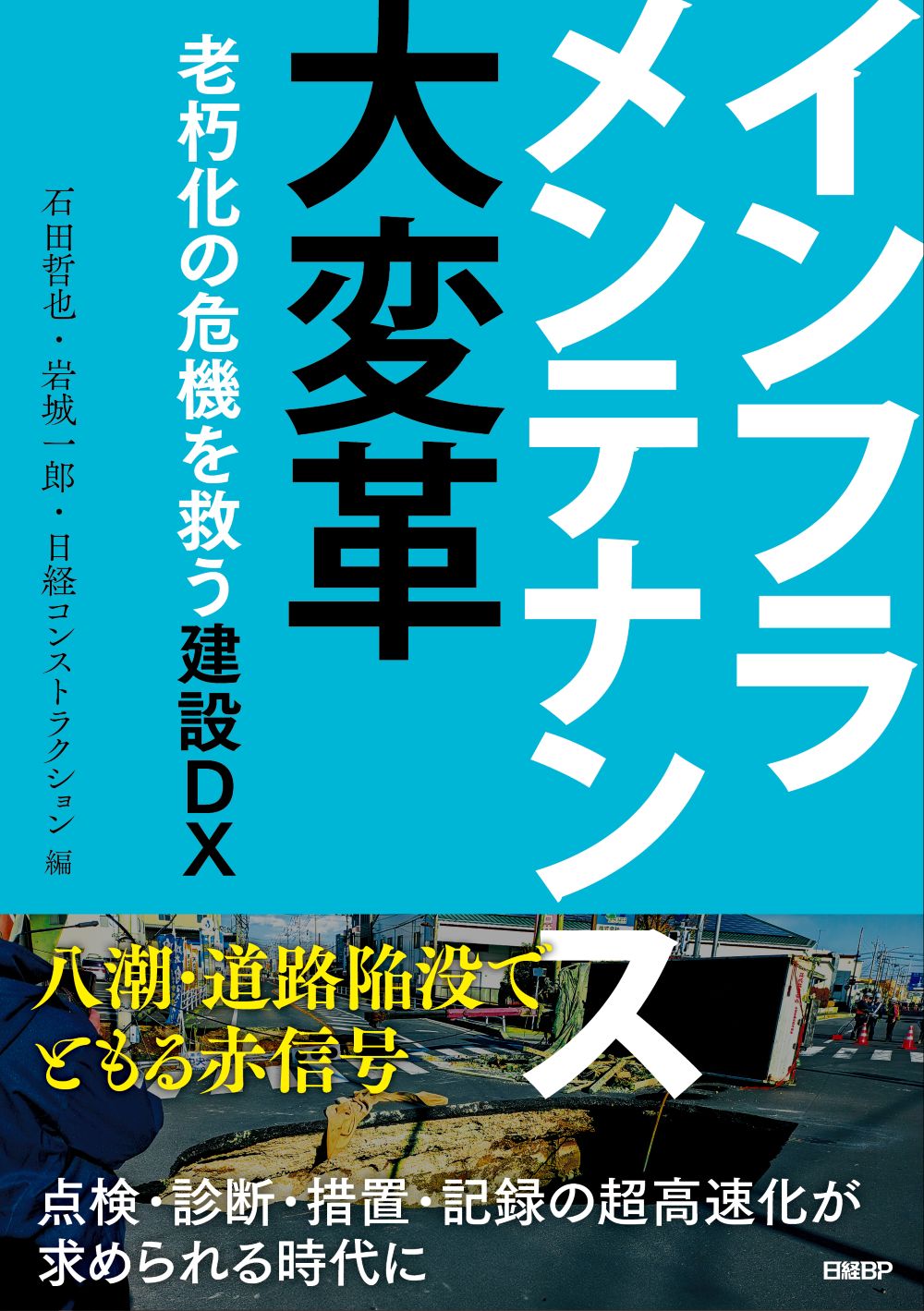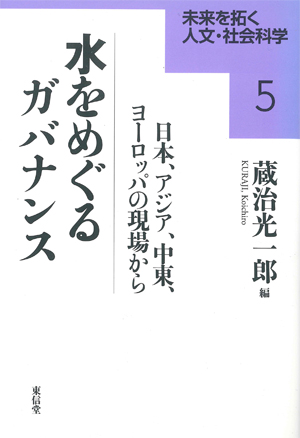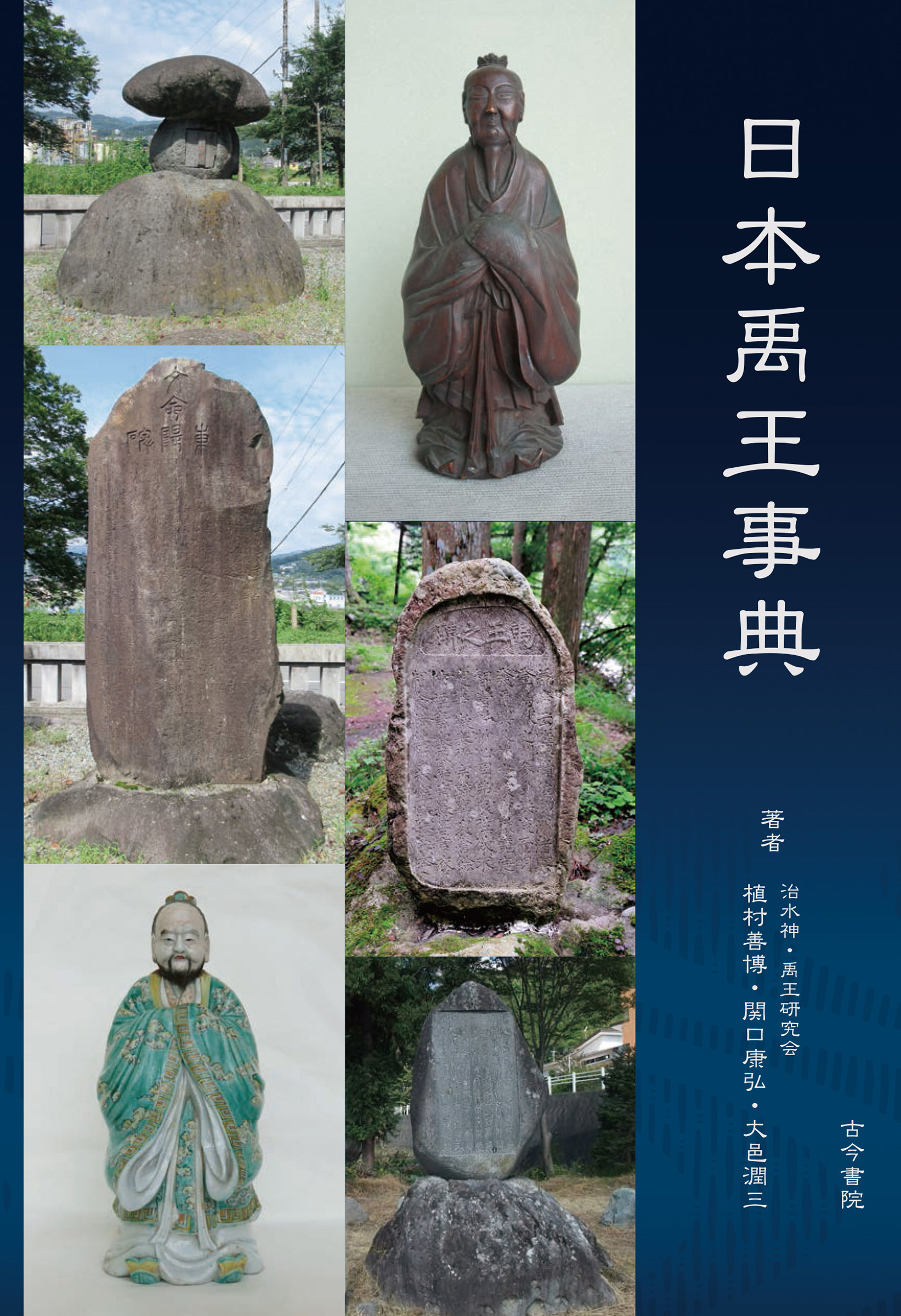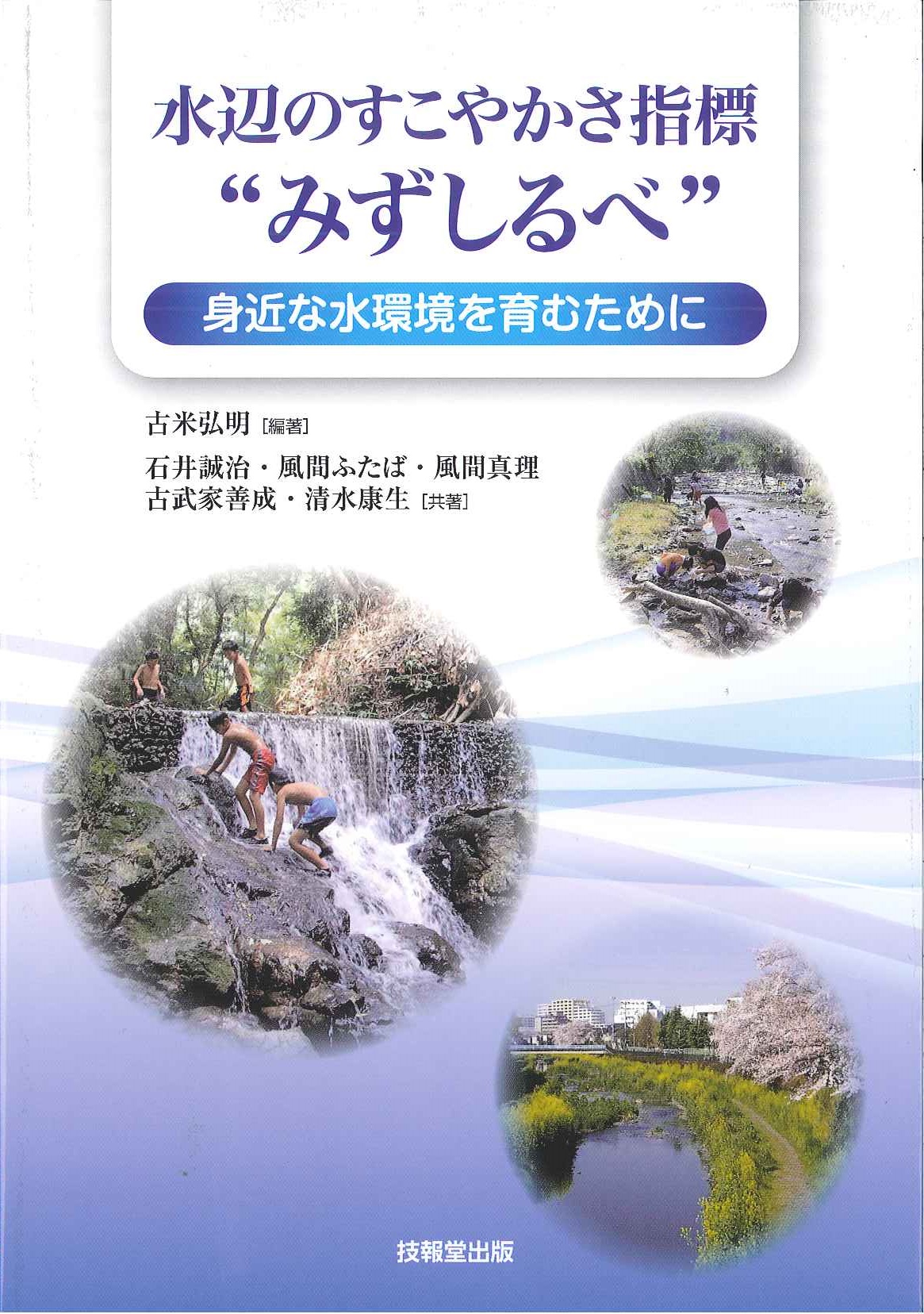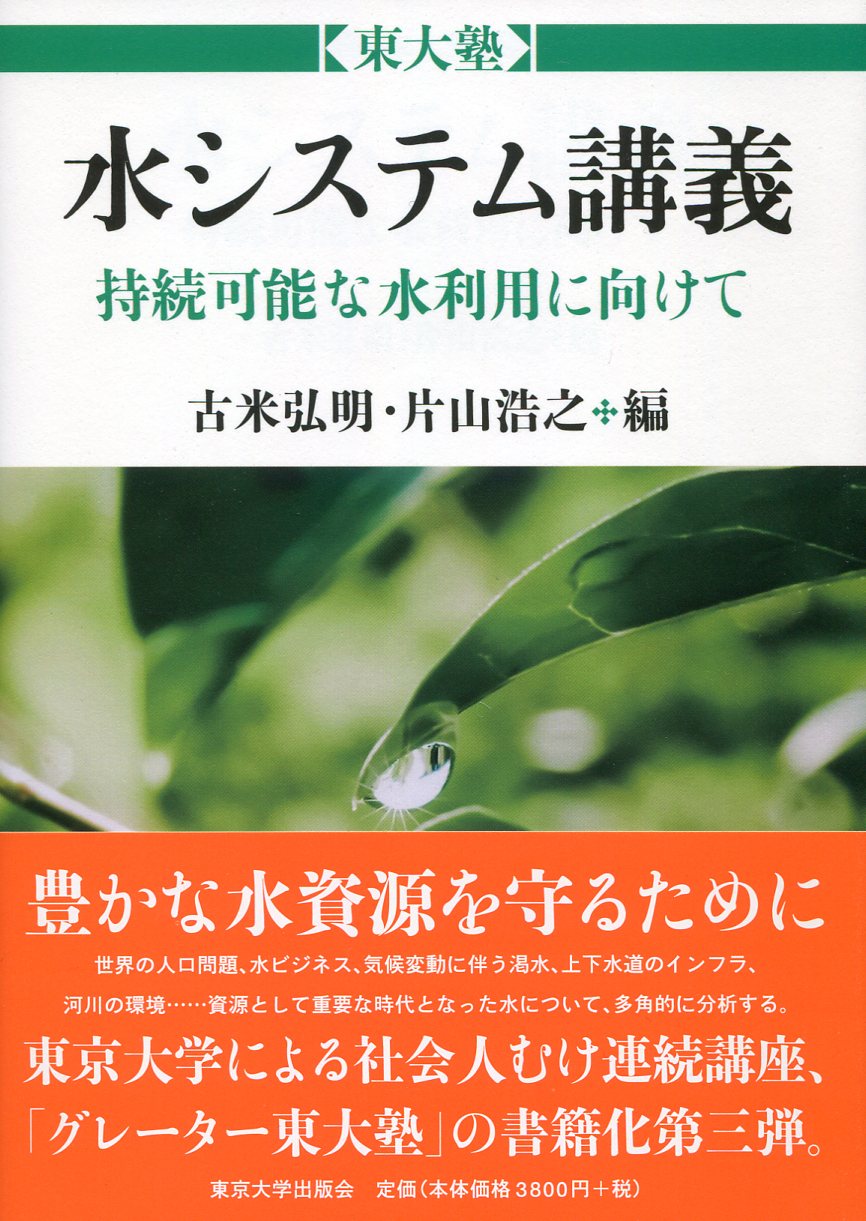
Title
The University of Tokyo lecture series Mizu System Kogi (A lecture on Water System Innovation – Toward sustainable water use)
Size
312 pages, A5 format
Language
Japanese
Released
January 26, 2017
ISBN
978-4-13-063361-1
Published by
University of Tokyo Press
Book Info
See Book Availability at Library
Japanese Page
This book summarizes the contents and discussions from the Greater University of Tokyo lecture, “Water System Innovation toward a Sustainable Society”, held as continuing education in 2015. Based on fundamental and scientific knowledge necessary to solve problems associated with water, from global water circulation to local water environments, we introduce the latest research results. From the perspective of water use, it provides the necessary information for discussing water management and systems that support a sustainable society.
Water is the most important resource and is the foundation for the lives, health and economic activities of citizens. In Japan, with postwar industrial development, a rapid increase in urban populations together with an improvement in living standards, has taken place. A serious and chronic water shortage became an issue especially for metropolitan areas. Due to the accelerated installation of facilities for water resources, water treatment, water supply, wastewater treatment, and water reclamation, these water-related infrastructures are facing rapid aging. Frequent droughts and increasing occurrences of torrential rains due to climate change, as well as the long-term disruption of water services and subsequent hygiene problems caused by the Great East Japan Earthquake, led to the acknowledgement of the importance of mitigating various water-related risks so that citizens can continue to receive the precious resource of water safely.
In addition, the demand from citizens for palatable and abundant water has increased, and the need to secure a sound water cycle is well acknowledged. To address this need, the Water Circulation Basic Act was implemented in 2014 with the objective of contributing to the improvement in citizens’ stable lives and to the healthy development of the Japanese economy, through the comprehensive and integrated promotion of policies associated with the water cycle. A basic plan for the water cycle is being formulated. Given the dependence of society on water, securing safe and good quality water resources and sustainable water use systems is being prioritized.
Water is considered a major issue internationally as well. “Water” was an important keyword in the UN Millennium Development Goals in 2000 and likewise in the UN Sustainable Development Goals in 2015. Concern regarding lack of water due to climate change caused by global warming is intensifying in some communities.
As such, there is a need to better understand the water problem overall, by identifying the characteristics of the problems at both global and local levels, in order to build a system for sustainable water use in the future. However, this is not an easy task. Thus, experts of various water-related fields must share knowledge, findings and information with each other, and must work together in the same direction and toward common goals. I hope readers can gain a wide range of knowledge about water, and acknowledge the risks associated with society’s dependence on water and the challenges presented by water–related projects. I hope readers are inspired to think about the subtitle of this book, “toward sustainable water use”.
(Written by FURUMAI Hiroaki, Professor, School of Engineering / 2018)



 Find a book
Find a book


